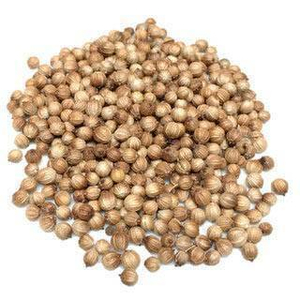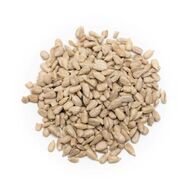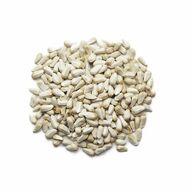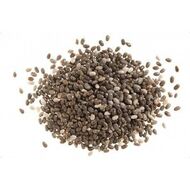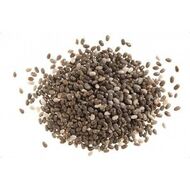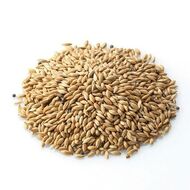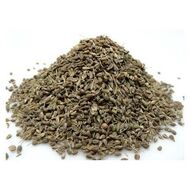General
Coriander Whole Seeds 2.2 lb / Semilals Enteras Coriandro 1 kg
Coriander can also be found under the name of Chinese Parsley, dhania or cilantro. Every part of the plant is edible, but the fresh leaves and dried seeds (used as a spice) are the most traditional uses applied to cooking.
The taste of coriander can be perceived as a tart, lemony or citric taste. Its taste is strong and its aroma is penetrating and pleasant. This aromatic herb is also known by the names of coriander, cilantro, anisillo, cilander, cilantric, culantric, Chinese or Japanese parsley.
The Coriander plant is native to Southern European and Northern African regions and can also be found in the Southwestern Asian region. It grows up to 50 cm (20 in) tall and its leaves are variable in shape.
The leaves are variously referred to as coriander leaves, parsley or cilantro. This are a very important ingredient in many foods, such as chutneys, salads, salsa, guacamole and is mostly used for garnishing soups, fish and meat plates. It is often used raw, since heat diminishes it flavor, and it is added to the dish immediately before serving
The seeds are the dried fruit of the coriander plant. They have a lemony citrus flavor when crushed, due to terpenes linalool and pinene. It is described as a warm, nutty, spicy and orange-flavored. They are often used whole or ground. The roasting and heating of the seeds enhances the flavor and its aroma, and it is best ground fresh, since it loses its flavor pretty quick. It can be found in the garam masala spice mix and in Indian curries.
Nutritional information
Coriander leaves are 92% water, 4% carbohydrates, 2% protein and less that 1%fat. These are particularly rich in vitamin A, vitamin C and vitamin K. Seeds have a lower vitamin content but they still provide significant amounts of dietary fiber, calcium, selenium, iron, magnesium and manganese.
100 g of coriander seeds provides: 297.5 kcal; monounsaturated fats: 13,6 g; proteins: 12,4 g; polyunsaturated fats: 1.8 g; cholesterol: 0.0 g; calcium: 708.6 mg; saturated fats: 1 g; magnesium: 330.2 mg; phosphorus: 408.8 mg; vitamin C: 21 mg; potassium: 1.267 mg; vitamin E: 0.0 mg; sodium: 35.3 mg; vitamin A: 0.0 IU.
Aucun avis trouvé
Complete your purchase on Pampa Global
We’ve simplified the checkout process! Orders are now completed through Pampa Global, our new platform that offers:
- Fast and secure checkout
- Extensive international catalog
- Competitive wholesale pricing

